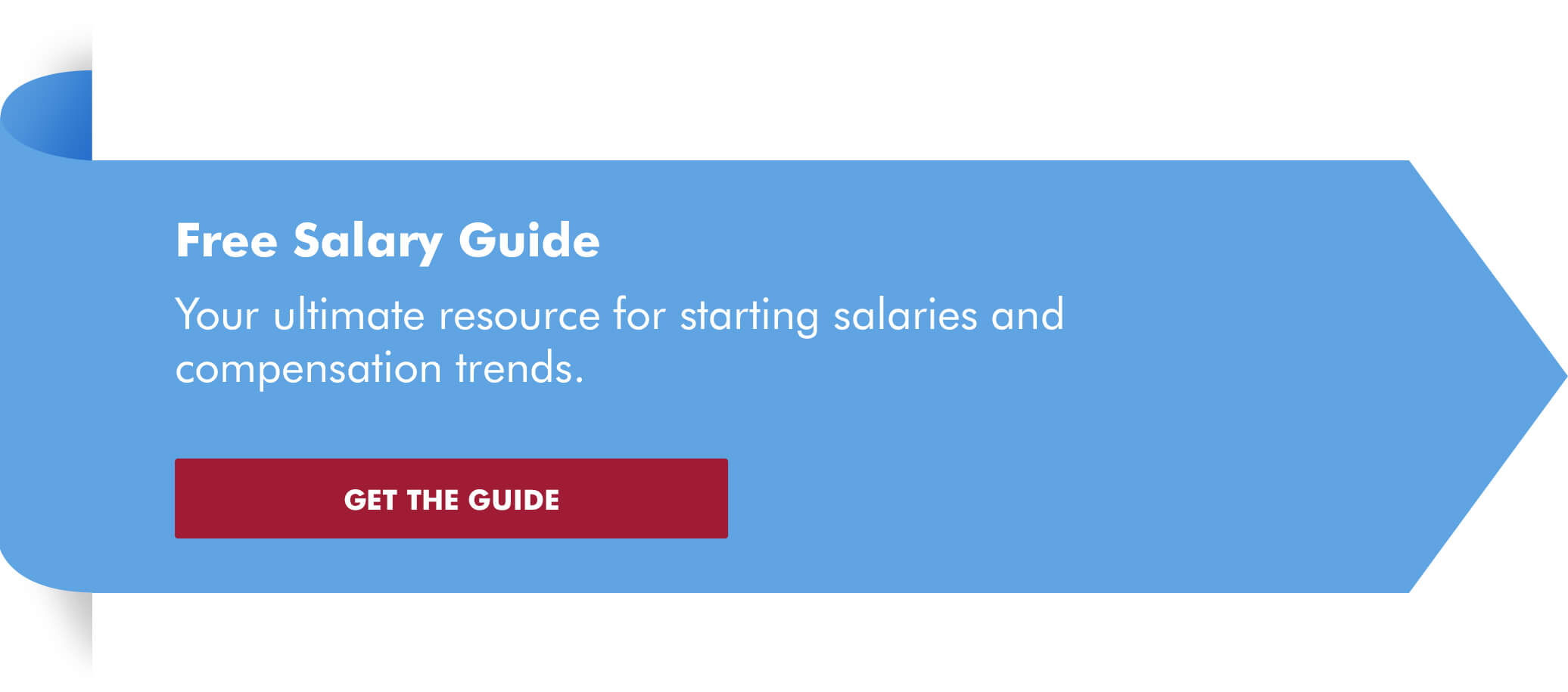By Jordan Quigley, North American Vice President, Robert Half
The position we once knew as administrative “assistant” has evolved significantly now that support professionals are taking the lead on day-to-day business operations. Even though many traditional administrative duties have been automated or delegated, the field continues to grow and thrive.
According to the U.S. Bureau of Labor Statistics, jobs for administrative professionals are projected to grow 4 percent from 2019 to 2029 — about as fast as the average for all occupations. This growth is due in large part to administrative professionals themselves, who are blurring the lines around job functions, reinventing themselves and their careers.
Today, administrative professionals are taking on new responsibilities in human resources, project management, marketing and other business operations. Many are boosting their expertise by pursuing professional credentials — in administration as well as other related disciplines.
Is certification right for you? It can certainly bolster your resume as you start a job search, meet a goal for your annual performance review or simply show your expertise in certain areas of your job. But it comes with a commitment of time, effort and continuous education to stay current.
To help you decide if certification is right for you, we’ve put together this snapshot of popular accreditations that could prove a promising step forward in your career.
Microsoft Office Specialist
The Microsoft Office Specialist (MOS) certifications are a great start for an administrative professional, showcasing your skills and demonstrating proficiencies in Microsoft Office 365 and Office programs such as Word, Excel and PowerPoint.
You’ll earn a certification for each exam you pass, and multiple certifications allow you to stack more prestigious awards. For example, if you pass three Associate exams, each covering one of Office’s programs, you will be awarded the Microsoft Office Specialist: Associate certification. Pass two Expert exams to receive the Microsoft Office Specialist: Expert certification. Pass four expert exams to receive the Microsoft Office Specialist: Master certification.
There are no prerequisites for these certifications, and numerous study guides and practice tests are available for purchase online. Register to take the exams through Certiport, which oversees the Microsoft Office specialist tests and has authorized testing centers throughout the country. You can also take the test online while being monitored by a virtual proctor.
International Association of Administrative Professionals
The International Association of Administrative Professionals (IAAP) offers the Certified Administrative Professional (CAP) program, accredited by the National Commission for Certifying Agencies. It requires passing an exam demonstrating competence in aspects of organizational communication, business writing and document production, technology and information distribution, records management, event and project management, HR activities and operational functions.
To take the exam, you’ll need either four years of work experience as an administrative professional, an associate’s degree and three years of relevant work experience, or a bachelor’s degree and two years of experience. The IAAP recommends you spend at least three to six months preparing for the test and offers study courses and a practice exam at an additional cost. Once you pass, you’ll need to fulfill the recertification requirement every three years.
IAAP also offers a certification for those newer to the administrative professional role. The Certified Administrative Professional (in progress) — also known as CAP(ip) — is for graduates with a two-year degree but without the necessary years of professional experience.
Additionally, IAAP also offers specialty certifications in human resources, meeting and event planning, organizational management, project management, records management and technology applications.
Other industry certifications
If your job duties are trending in any of these directions, you could also seek certification directly from the associations representing those industries.
- Project Management Professional (PMP): If you’re the one who takes on big projects for your team, consider the PMP certification from the Project Management Institute. The PMP validates your competence to lead and direct projects and teams, deploying skills like strategic planning, monitoring, communication and risk management.
- Certified Meeting Professional (CMP): If your work requires you to organize meetings and events, the CMP — offered through the Events Industry Council — may be a good addition to your resume. It covers expertise in meeting design, site selection, contract negotiations, budgeting and financial management, marketing, and risk management and compliance.
- SHRM Certified Professional (SHRM-CP): Administrative professionals working in the HR space can benefit from the Society for Human Resource Management’s primary certification, the SHRM-CP. You’ll be tested on basic HR competencies like strategic planning, talent acquisition, employee engagement, compensation and benefits, learning and development, and DEI. The certification also digs deeper into employment law and regulations, employee and labor relations, business acumen, data management and ethics.
- Facility Management Professional (FMP): The International Facility Management Association offers several certification programs. The FMP is the most basic, designed for individuals who are tasked to manage facilities as part of their job or who want to pursue a career in facilities management. The FMP certification covers operations and maintenance, project management, finance and business aspects, and leadership and strategy.
We can help you find your next administrative role.
When deciding whether to get an administrative or related certification, there’s no right or wrong answer. On the one hand, it could provide a competitive edge in your job search or the boost of confidence you need to take on more advanced work — and maybe even command a higher salary.
On the other hand, there’s time, money and effort required — plus the chance that certification alone won’t lead to job advancement or a compensation boost. Consider your own professional situation and decide whether the investment in time and money is worthwhile to you.
Follow Jordan Quigley on LinkedIn and read his post on How Companies Can Build a Successful Remote Work Culture.





